What Trump did at Charlottesville is allow the Paisleys of that white right movement the oxygen to create and expand
Donald Trump reminds me of Ian Paisley, the Protestant firebrand who lit the flames for the North’s Troubles by encouraging bigotry and racism, but always stopping short of engaging in violence himself.
Paisley later in life regretted his role in The Troubles and became one of the icons of the peace process, but it is the early Paisley who Trump resembles.
As R. Derek Black, the son of a white supremacist leader who rejected his father’s racism, stated in The New York Times the white supremacist movement was probably going nowhere until Trump intervened.
He wrote:
“His [Trump’s] comments supporting the [Nazi] rally gave new purpose to the white nationalist movement, unlike any endorsement it has ever received. Among its followers, being at that rally will become something to brag about, and some people who didn’t want to be associated with extremism will now see the cause as more mainstream. When the president doesn’t provide condemnation that he has been pressed to give, what message does that send but encouragement?”
That was the kind of encouragement that Ian Paisley in his heyday gave Protestant extremists outraged at the North’s civil rights movement even before the Irish Republican Army (IRA) was resurrected.
One of the key early moments of The Troubles was the June 1966 murder of 18-year-old Catholic barman, Peter Ward, on his way home from an after-hours drink on the Shankill Road, a Protestant redoubt, which was not an unusual thing before The Troubles.
The Ulster Volunteer Force (UVF) murdered him, setting off the sectarian warfare that would create The Troubles for the next 30 years.
The chilling words of one of the arrested killers implicated Paisley.
“I am terribly sorry I ever heard of that man (Ian) Paisley or decided to follow him,” Hugh McClean a member of the UVF gang told police when he was charged. “I am definitely ashamed of myself.” (McClean died in jail.)

A young Reverend Ian Paisley.
The Guardian noted soon after: "If Mr Paisley has his way, there could well be a religious war here quite soon."
Throughout the following decade, there were times when that did indeed seem to be his aim.
Paisley was a man of the cloth yet it cost him little to join up and give comfort to a Neo-Nazi group when the occasion presented itself, as it did with Trump last week.
As Guardian writer Sean O'Hagan noted: “In 1973, Paisley aligned himself briefly to the neo-fascist Vanguard movement and, in 1981, appeared on a hillside with 500 men of the self-styled Third Force, some of them masked and wearing combat jackets. He was instrumental in the organizing of the Ulster workers' strike that wrecked the first attempt at power sharing in 1974. It would take another 24 years of violence before the late epiphany that led him to accept the Good Friday agreement and all that followed.”
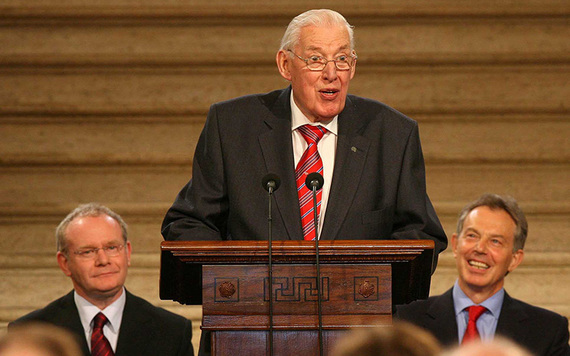
Rev Ian Paisley became a vocal advocate for the Northern Ireland Peace Process.
The moderate Northern Ireland Unionist Prime Minister Captain Terence O'Neill banned the UVF after the Ward killing. Earlier in 1966, he made the cardinal error – in Paisley's eyes – of meeting with Irish leader Sean Lemass to further good relations with the Irish Republic.
In hindsight, O’Neill could possibly have led an accommodation with nationalism if a furious Paisley had not driven him from power as he was to do to every other moderate Unionist leader.
What Trump did at Charlottesville is allow the Paisleys of that white right movement the oxygen to create and expand, despite all decent Americans rejecting them. David Duke, the reptilian former Ku Klux Klan leader, has a whole new stature, as do other fascists who organized the Virginia protest.
In future years will some racist regret he listened to Trump’s mealy-mouthed words after carrying out some atrocity? Don’t be surprised if it happens.
H/T: New York Times, Guardian
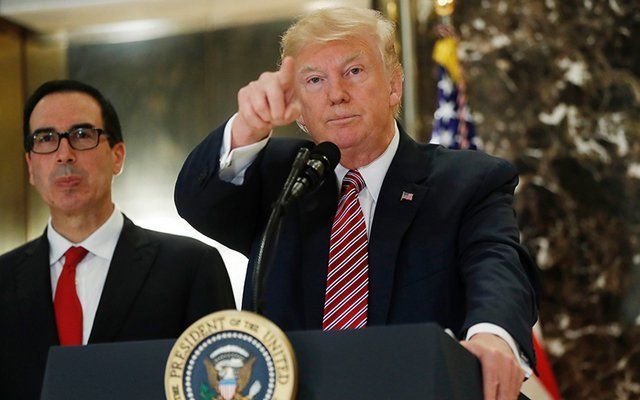
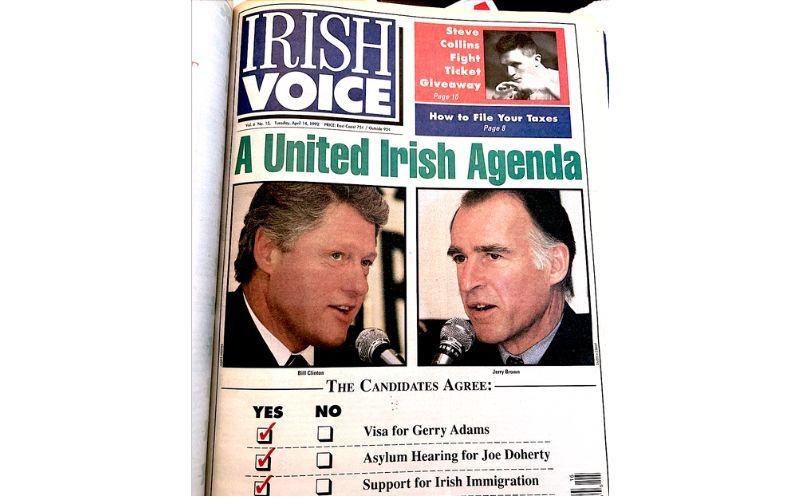
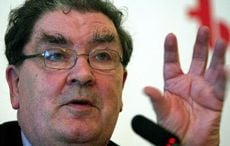
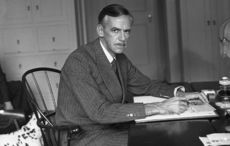
Comments